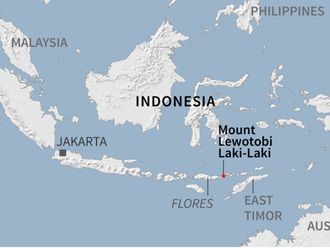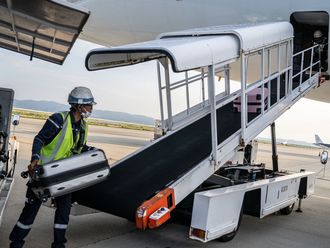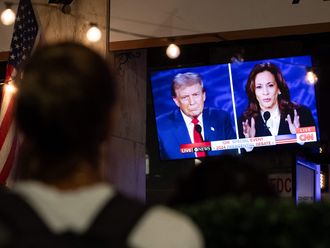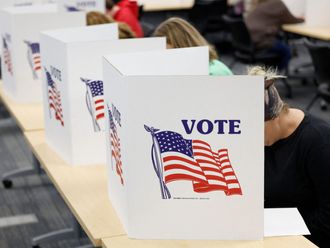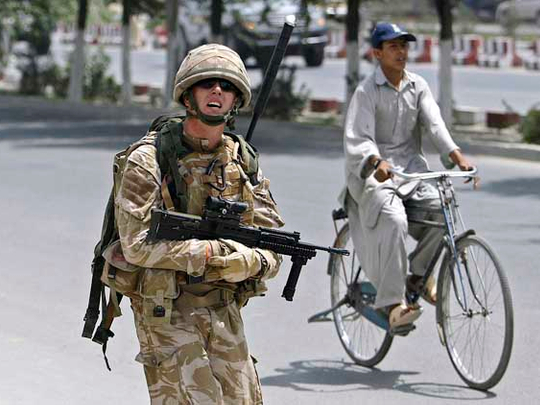
London: US General David Petraeus has confirmed that Nato has provided safe passage for top Taliban leaders to travel to Kabul for face-to-face negotiations with the American-backed Afghan government.
Petraeus declined to provide details of the alliance's role in the clandestine talks - discussions that he described as "preliminary."
The Afghan government has previously acknowledged that it has been involved in reconciliation talks with the Taliban with some Nato help.
Petraeus told reporters at the United Services Institute on Friday that it would "not be the easiest of tasks" for a senior Taliban leader to make his way to the capital, Kabul - unless Nato forces permitted it.
He says Nato is "aware of it and allows it to take place."
Holbrooke: Contacts with Taliban picking up
Meanwhile, Richard Holbrooke, the US special envoy for Afghanistan and Pakistan, said on Friday in Brussels that Taliban associates have been reaching out for talks about ending the war but that formal negotiations are not taking place.
Holbrooke spoke a day after a senior Nato official confirmed that the alliance has provided safe passage for Taliban leaders to travel to Kabul for face-to-face talks with the US-backed Afghan government. The account was the most detailed yet of the US and Nato role in the clandestine talks, aimed at bringing an end to the nine-year-old war in Afghanistan.
But discussions between the Afghan government and the Talibant have been described as mostly informal and indirect message exchanges relying on mediators.
The Taliban have denied there have been any contacts with Afghan President Hamid Karzai's government, insisting that all foreign troops withdraw first.
Holbrooke said on Friday that, thanks to "tremendously increased military pressure" on the insurgents, "There have been an increasing number of people associated with the Taliban who've reached out and said: 'We want to talk about an alternative to the war."'
"This does not constitute a formal negotiation, but it falls in the category of reintegration," he told journalists.
Last year, Karzai announced the start of a programme aimed at reintegrating insurgents willing to forsake violence and respect the Afghan constitution.
"It's beginning to pick up a little bit of momentum. It's going slower than I would like but at least it's moving," Holbrooke said of the sidelines of a meeting of nations helping Pakistan cope with the crisis caused by this summer's disastrous floods.
Holbrooke declined to further discuss the peace moves in Afghanistan, saying nobody's interests were served by the constant speculation about talks.
"There's nothing incompatible between increased military pressure and keeping the door open to reconciliation and reintegration," he said.
International troops and Afghan security forces have been putting pressure on the Taliban in recent months in eastern and southern areas where the movement's heartland is located.
But despite being heavily outnumbered, the militants have fought back, inflicting record casualties on Nato forces.



